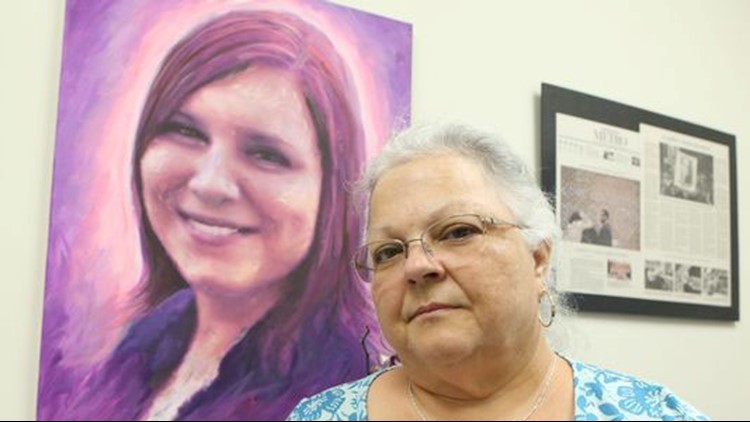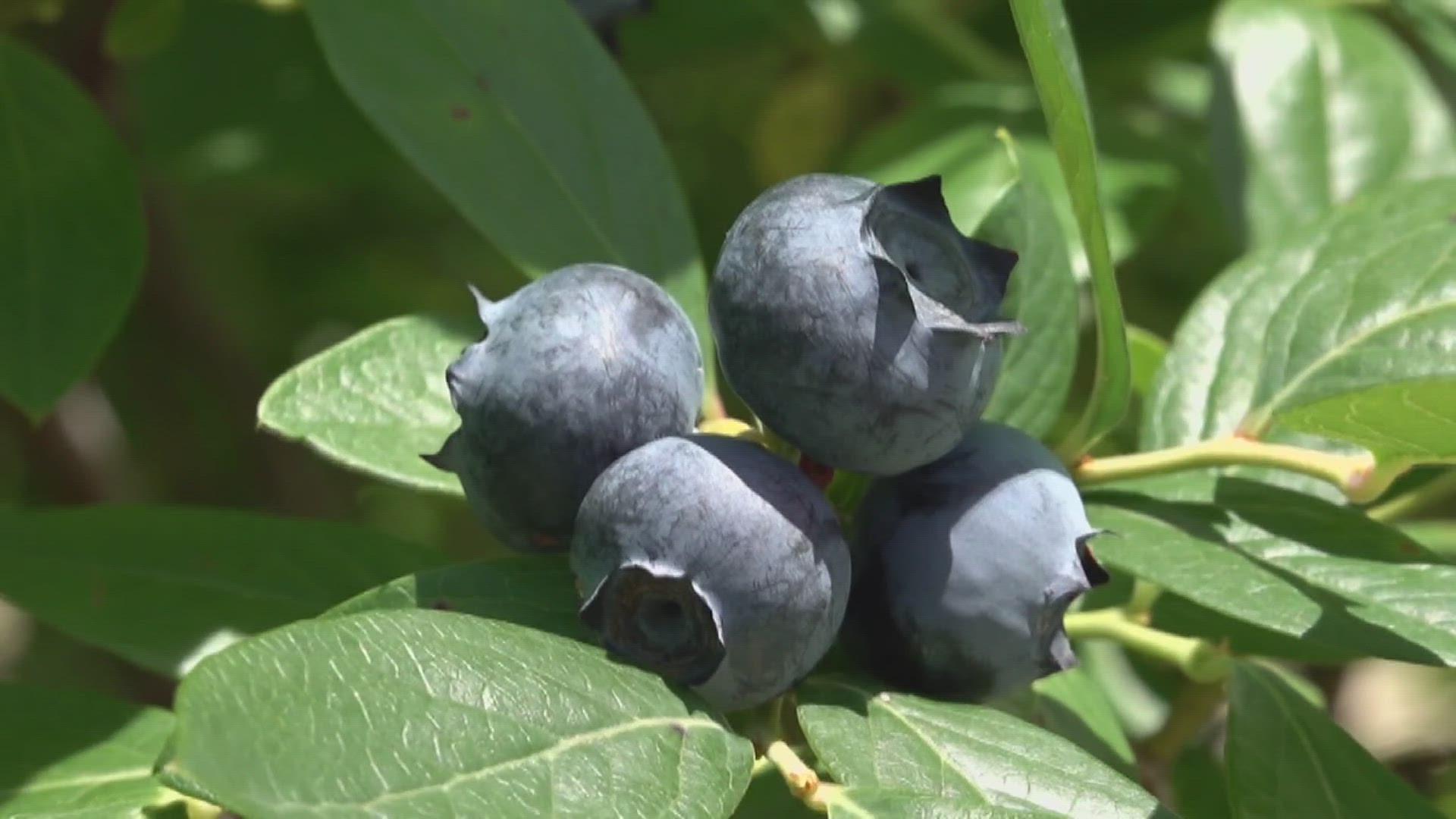CHARLOTTESVILLE, Va. — Susan Bro is still reeling from the day that a man backed his car into a crowd of counter-protesters at a white nationalist rally, killing her daughter, Heather Heyer, at age 32.
Bro, now 61, was a government secretary at a small office in nearby Greene County when Heyer, a legal assistant, was taken from her on Aug. 12, 2017. James Alex Fields Jr., the young Neo-Nazi who hit Heyer, was indicted in June on 29 counts of federal hate crimes. He also faces state charges, including first-degree murder.
Ahead of the first anniversary of the tragic "Unite the Right" rally in Charlottesville, Bro sat down with USA TODAY to discuss her life without Heyer.
She spoke from an armchair in the corner of a room in Heyer's old law office, where her charitable foundation is now headquartered. The room, small but cheerful, features paintings of Heyer, tweets from Bernie Sanders in her honor, inspirational quotes and flowers. Everything is bedecked in purple, Heyer's favorite color.
Bro remembers vividly the day Heather died: the paralyzing phone calls from Heyer's friends, the detective at the hospital who said her daughter had been pronounced dead, laying her head down and wailing when her worst fears had been confirmed.
"I never even got to see her until the day before the funeral," she said. “I wish I could have seen her."
Before her life was turned upside down by Heyer's death, Bro lived a quiet life about half an hour outside Charlottesville with her husband, Heyer's stepdad. She'd spent 18 years as a teacher before turning to government work. She knitted, she crocheted, she canned.
Now, Bro is an outspoken activist, a mother who's taken up the cause of a daughter unafraid to speak out against inequality or peacefully protest when an uninvited crowd of white nationalists marched through her city.
"I turned my attention to carrying forth her message," she said. "You don’t get to silence my kid and get away with it. I'm going to speak even louder."
Bro now runs the Heather Heyer Foundation, which awards scholarships to students who are passionate about social justice. Bro isn't sure the stark political partisanship that has served to divide the country will subside during her lifetime – but that's why she's "training Heather's replacement."
And, as she's become immersed in the civil rights fight that Heyer cared so deeply about, Bro has come to realize that she and her daughter can play an important role in a conversation she sees as long overdue.
"Unfortunately, we’re still at such a racial divide that it took a white girl dying for white people to wake up and pay attention," she said. People of color, she said, "have been fighting this fight for many years – this is not news to them."
In the whirlwind year since her daughter's death, Bro has spoken to countless politicians, reporters and well-wishers. She's made a "conscious effort" to magnify her daugher's voice. But there's one person with whom she has no interest in dialogue.
During Heyer's funeral, Bro turned off her phone so she'd be able to focus. When she checked it that night, she had three "increasingly frantic" messages – all from the White House.
So she turned on the news. She saw that President Donald Trump, in a public statement, had equivocated the white nationalists and the counter-protesters, claiming that there were "very fine people" on both sides.
"I was like, 'I’m kinda done with this.' I don’t really need to talk to him, I don’t really care what he has to say," she said. "He’s a busy man, I’m a busy woman. I don’t think we need to bother each other."
Bro isn't surprised that some of the same white nationalists whose gathering caused Heyer's death are planning an anniversary rally on Sunday in Washington, D.C., after (their attempt to reconvene in Charlottesville was foiled. Hundreds of fringe-right demonstrators are expected to march on Pennsylvania Avenue, then gather in Lafayette Square to advocate "white civil rights."
Bro has her own plans for that day.
She'll visit her daughter's grave and lay flowers there. She'll attend an NAACP meeting. She'll speak about what she thinks America must do to heal.
"The country is very polarized, but I think this has been simmering below the surface for many years," she said. "It’s just now coming out, and so we need to get to the root of it: clear it out, heal our country from the roots up."
Bro still thinks of her daughter all the time: when she walks past the spot outside the law office where Heyer used to take smoke breaks, when she drives past the house Heyer used to live.
Heyer wasn't a leader, Bro says; she wasn't at the front of the crowd when the car backed through it. She was persuasive on social media and in small groups, but on Aug. 12, she "showed up simply to be supportive of her friends."
But Bro is sure of her daughter's message for the world today, were she alive.



